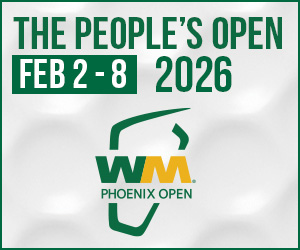The Federal Reserve Board on Friday modified the Main Street Lending Program to provide greater access to credit for nonprofit organizations such as educational institutions, hospitals, and social service organizations. As detailed in term sheets released today, the Board approved two new loan options to provide support to a broad set of nonprofit organizations that were in sound financial condition prior to the pandemic.
“Nonprofits provide vital services across the country and employ millions of Americans,” Federal Reserve Chair Jerome H. Powell said. “We have listened carefully and adapted our approach so that we can best support them in carrying out their vital mission during this extraordinary time.”
Based on public feedback to proposals released for comment on June 15, the minimum employment threshold for nonprofits was lowered from 50 employees to 10, the limit on donation-based funding was eased, and several financial eligibility criteria were adjusted to accommodate a wider range of nonprofit operating models. Additionally, like the proposed terms, each organization must be a tax-exempt organization as described in section 501(c)(3) or 501(c)(19) of the Internal Revenue Code.
The Main Street nonprofit loan terms generally mirror those for Main Street for-profit business loans, including the interest rate, principal and interest payment deferral, five-year term, and minimum and maximum loan sizes. Nonprofits will be eligible for two loan options, and the chart below has additional details on the final terms.
The Main Street Lending Program was established with the approval of the Treasury Secretary and with $75 billion in equity provided by the Treasury Department from the CARES Act.

















